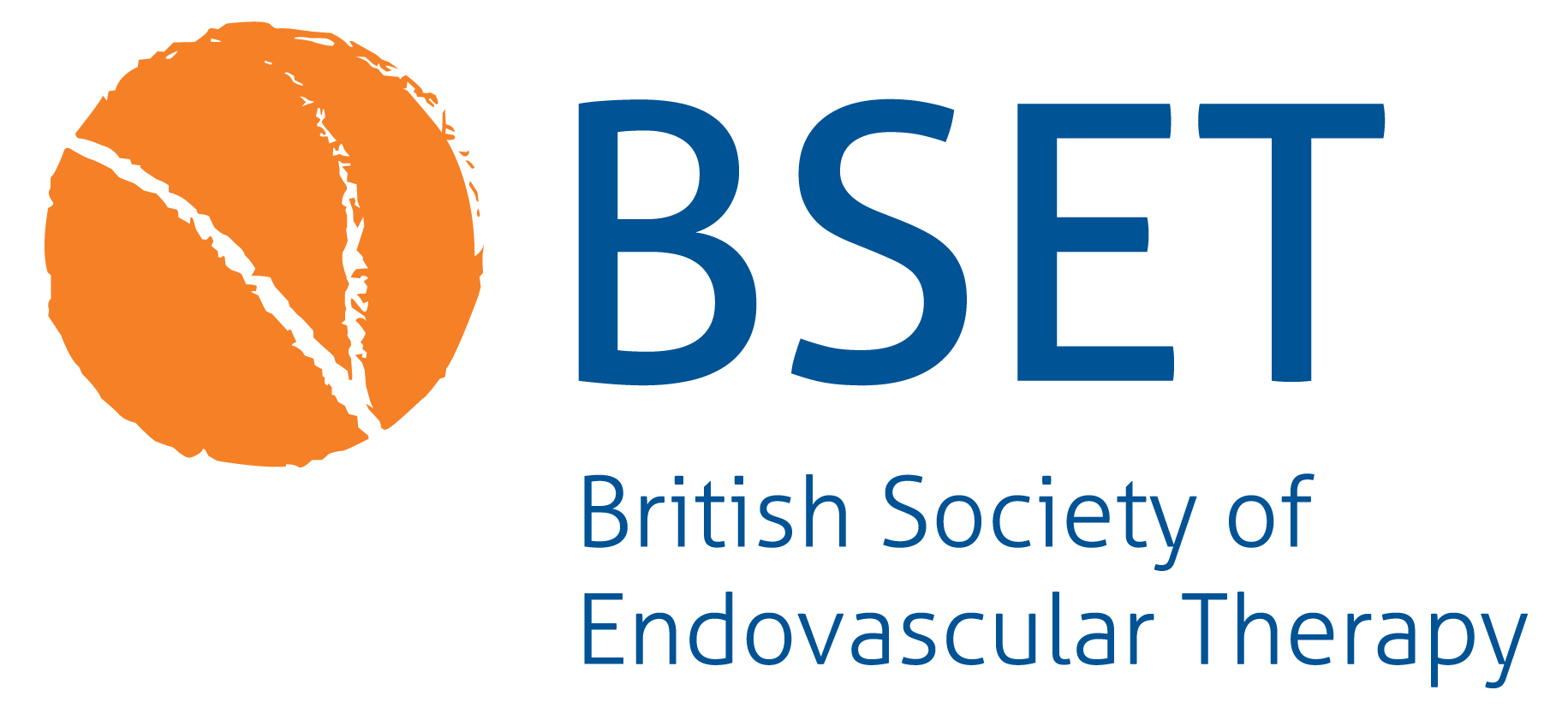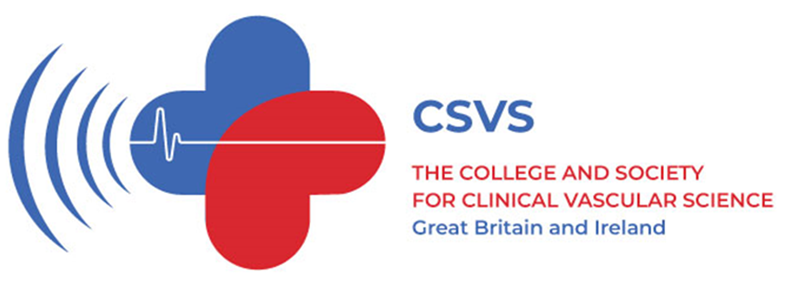vascular surgery
How do vascular surgery trainees optimise simulation-based learning? A qualitative study
Introduction Vascular surgery has significantly evolved since the turn of the 20th century with a much wider repertoire of increasingly complex procedures expected of the modern surgeon, thus leading to increasing specialisation. Traditionally, vascular surgery was a sub-speciality within general surgery but it has now evolved into its own distinct speciality. In tandem, operative exposure…
Read MoreSafety and efficacy of tranexamic acid in major non-cardiac vascular surgery: a systematic review and meta-analysis
Introduction Tranexamic acid (TXA) is a synthetic lysine analogue that inhibits the conversion of plasminogen to plasmin, thereby inhibiting fibrinolysis.1 Large pragmatic randomised controlled trials (RCTs) have demonstrated that TXA is associated with a reduction in mortality in patients with major traumatic haemorrhage,2 postpartum haemorrhage3 and mild to moderate traumatic brain injury4; reduced transfusion requirements…
Read MoreSpatio-temporal analysis of non-attendance for the National Abdominal Aortic Aneurysm Screening Program in Cambridgeshire, Peterborough and West Suffolk region between 2018 and 2022 and its link to socioeconomic deprivation
Introduction The National Abdominal Aortic Aneurysm Screening Program (NAAASP) offers a screening ultrasound scan to all men aged 65 in the UK by the National Health Service (NHS), with the aim of screening and surveillance of aortic aneurysms. The NAAASP was established after multiple randomised clinical trials showed a significant reduction in the mortality rate…
Read MoreRepairing the vascular surgery workforce: attract, recruit and retain
Vascular surgery manages diseases of the arteries, veins and lymphatics, and with a growing and more aged population, both the prevalence and frequency of intervention for vascular disease is increasing.1–3 Healthcare in general, and vascular surgery in particular, is experiencing acute on chronic workforce shortages which threaten the delivery of vascular services worldwide.3-5 Health systems…
Read MoreFrailty in peripheral arterial disease
Introduction It has been consistently demonstrated that frail vascular patients have poorer outcomes compared with their robust counterparts.1 Consideration of frailty is particularly important, not only as our population continues to age but as advances in anaesthetic, surgical and endovascular techniques are enabling a broader range of interventional options for those people who may have…
Read More










